
OR
Amnesty for adults! Why are children in correctional facilities not given an exemption?
Published On: October 6, 2023 07:30 PM NPT By: Safalta Bhandari
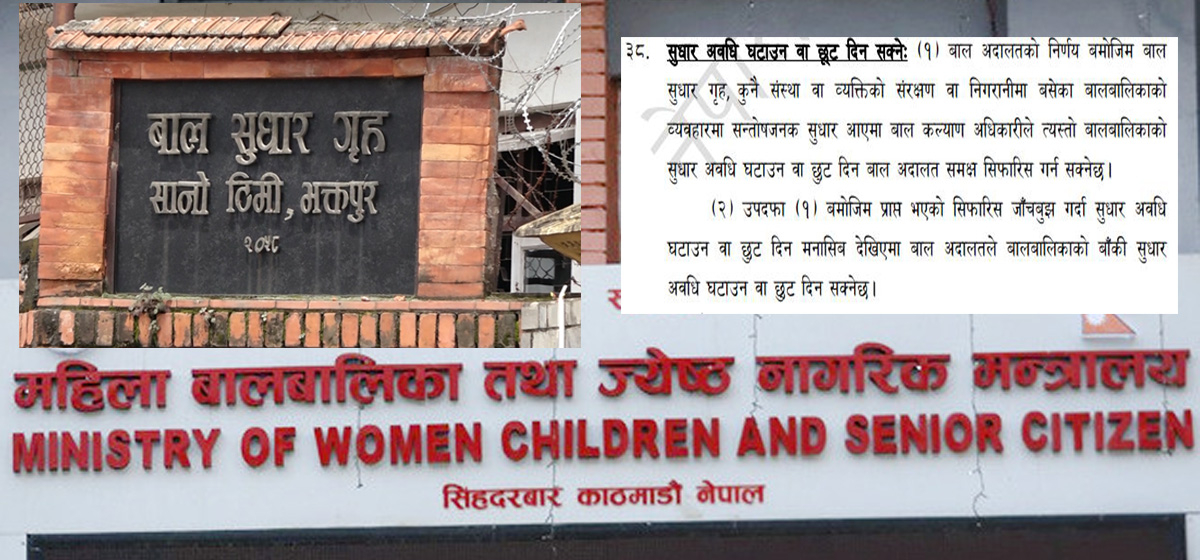
KATHMANDU, Oct 6: On the occasion of Constitution Day, the President traditionally grants amnesty to prisoners, a practice that has recently come under scrutiny. This year, the controversy surrounds the presidential pardon given to Yog Dhakal, also known as Regal, the convicted murderer of Chetan Manandhar. Regal was serving a life sentence before he was released through presidential pardon on Constitution Day. President Ramchandra Paudel's decision to grant him amnesty has sparked widespread debate and criticism, from the streets to parliament.
Critics argue that this is not an isolated incident, as previous years have seen criminals who committed serious offenses receiving presidential amnesty, leading to recurring controversies. The process of granting amnesty is governed by various legal provisions, including Section 37 of the Criminal Offences (Sentencing and Execution) Act, 2017, Rules 1 and 1(a) of the Prison Regulations, 2020, Supreme Court judgments, and Section 12 of the Senior Citizens Act, 2063. These provisions allow for sentence reduction and pardon recommendations by the President based on factors such as the nature of the offense, circumstances, offender's age, physical condition, conduct, and the severity of the punishment.
However, while these provisions apply to adult offenders, there is a notable absence of a similar system for children who have committed juvenile delinquencies. Section 38 of the Children's Act allows for the reduction or exemption of correctional periods for children under the protection or supervision of a juvenile correctional home if there is satisfactory improvement in their behavior. The child welfare officer is responsible for recommending such reductions to the juvenile court.
Unfortunately, this provision remains largely unimplemented in Nepal due to the absence of child welfare officers. Milan Dharel, the former executive director of the National Child Rights Council, expressed the need for an operational system that can reduce the remaining correctional period for children showing behavioral improvement. He noted that despite the existence of relevant laws, their implementation remains elusive.
Indu Ghimire, spokesperson for the Ministry of Women, Children, and Senior Citizens, acknowledged the challenges in implementing a system to assess and reduce the time children spend in correctional homes based on their behavior. Ghimire emphasized that it is not solely about evaluating one's behavior but also involves other complex considerations. The absence of child welfare officers and administrative ambiguities further complicate the implementation process.
Child rights activist Gauri Pradhan calls for a shift in the management of children's correctional homes and advocates the adoption of community-based reform programs instead of traditional correctional facilities. Pradhan suggested the development of a systematic framework to determine sentence reductions for children based on their behavioral improvements.
Currently, Nepal has eight children's correctional homes housing 1,177 juveniles, with management responsibilities shared between the Ministry of Women, Children, and Senior Citizens and UNICEF. The need for addressing the disparity in the treatment of adults and juveniles in the amnesty process and the reform of correctional systems for children has gained momentum amidst growing concerns.
You May Like This

Next hearing on writ petition involving Regal’s amnesty set for October 31
KATHMANDU, Oct 12: The next hearing on the case involving Yograj Dhakal (also known as Regal), who is convicted in... Read More...
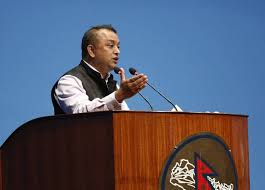
NC lawmaker Thapa demands an end to amnesty for inmates involved in serious crimes
KATHMANDU, Oct 5: Nepali Congress (NC) General Secretary and member of the House of Representatives (HoR) has called for an... Read More...
_20231005172714.jpg)
SC issues show cause order over govt decision to grant amnesty to Regal
KATHMANDU, Oct 5: The Supreme Court has issued a show-cause order in response to the writ filed against the government's... Read More...
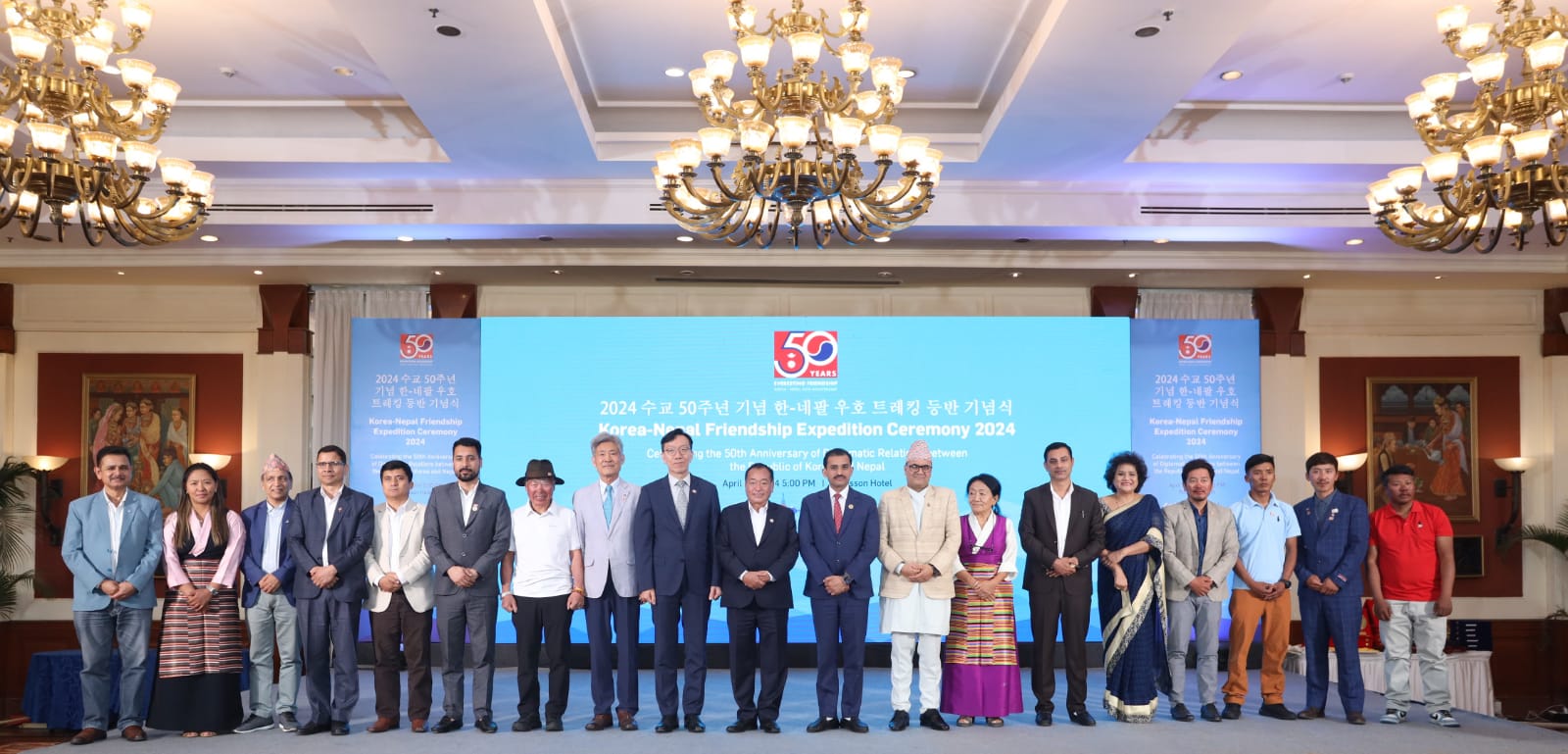
Just In
- Home ministry introduces online pass system to enter Singha Durbar
- MoLESS launches ‘Shramadhan Call Center’ to promptly address labor and employment issues
- Biratnagar High Court orders Krishna Das Giri to appear before court within one month in disciple rape case
- Ilam by-election update: UML candidate Suhang maintains lead
- Korean embassy and NTB jointly commemorate 50th anniversary of Korea-Nepal diplomatic relations
- SC administration files contempt of court case against SidhaKura
- Second day of Nepal Investment Summit to feature diverse discussions
- Ilam-2 by-election: UML’s Nembang leads by 4,523 votes



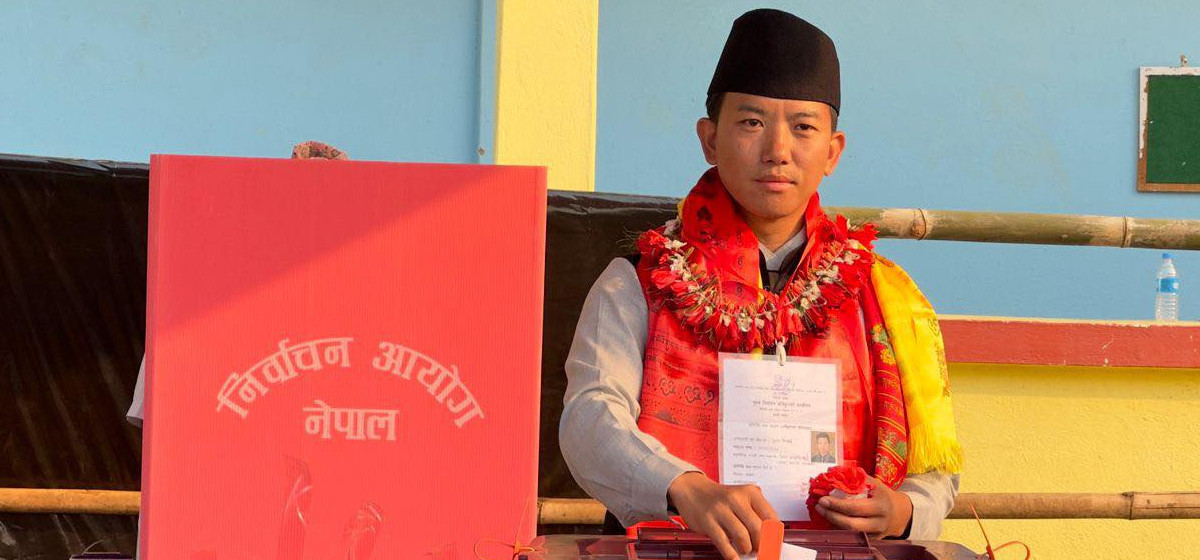

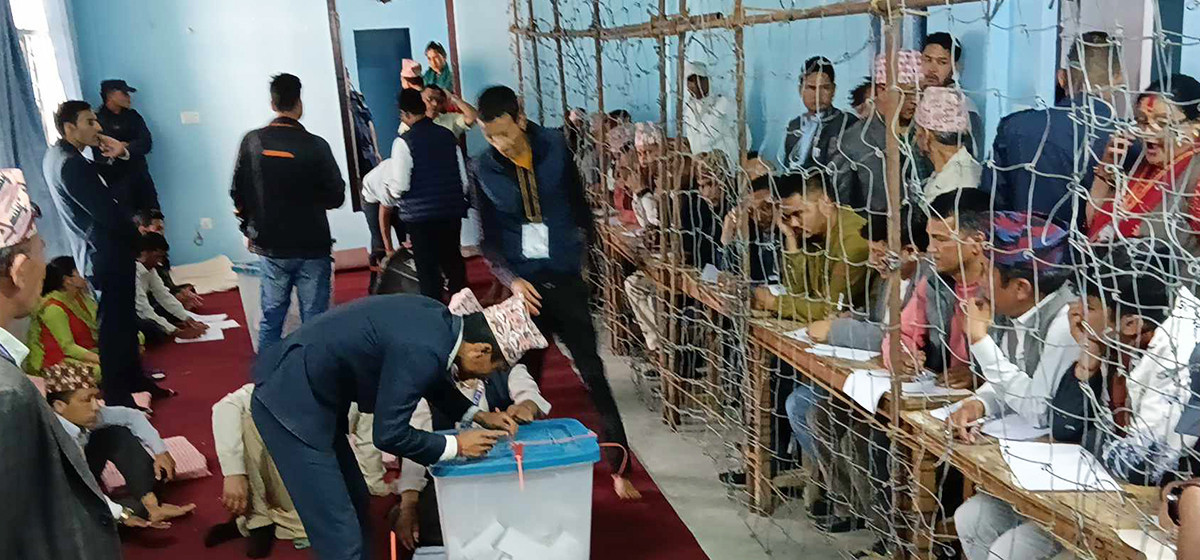


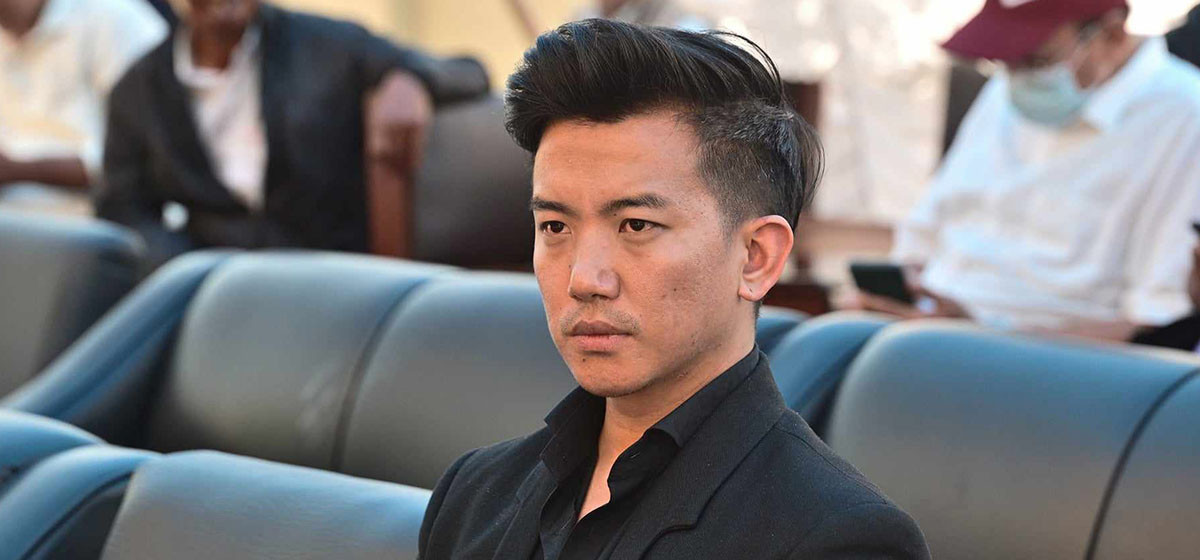
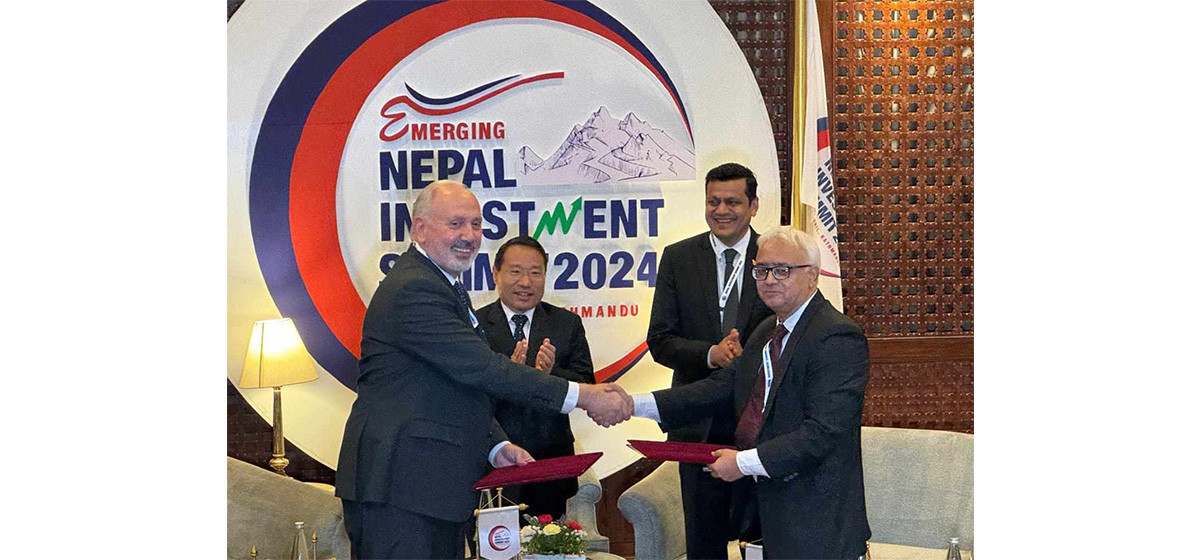
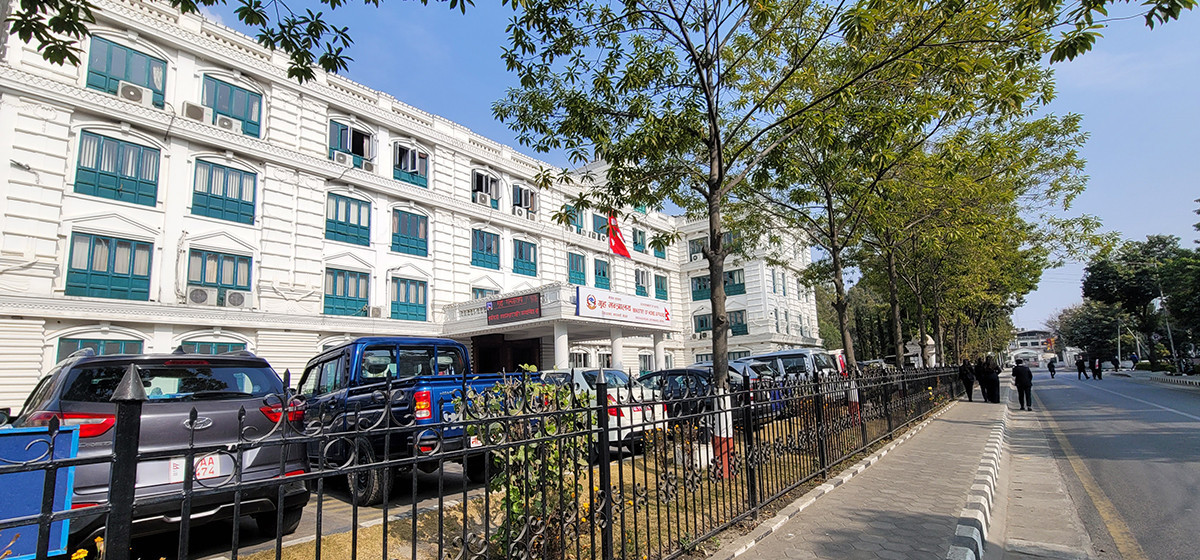
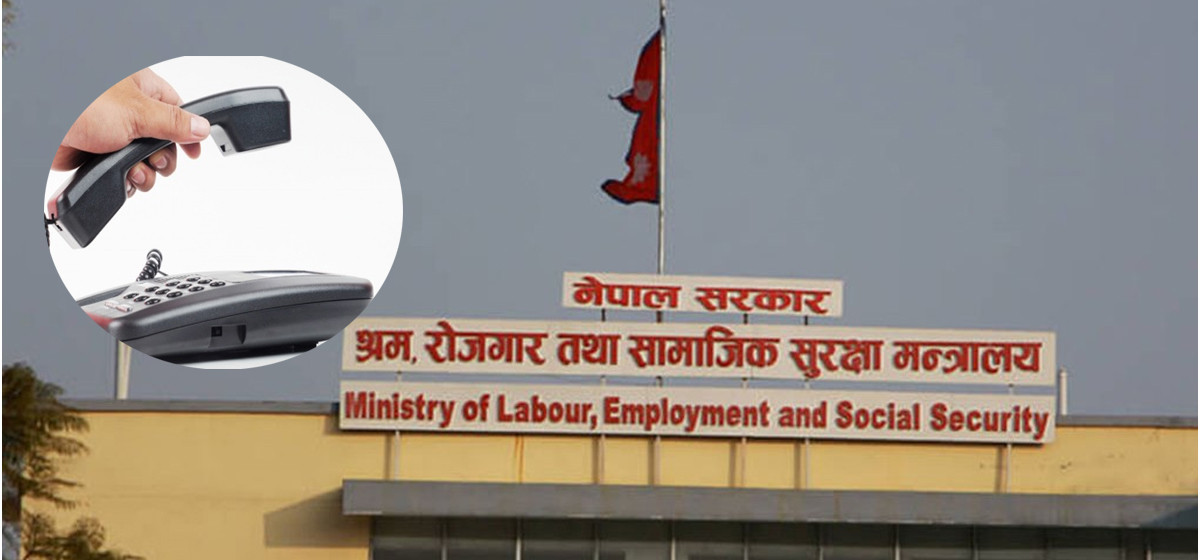
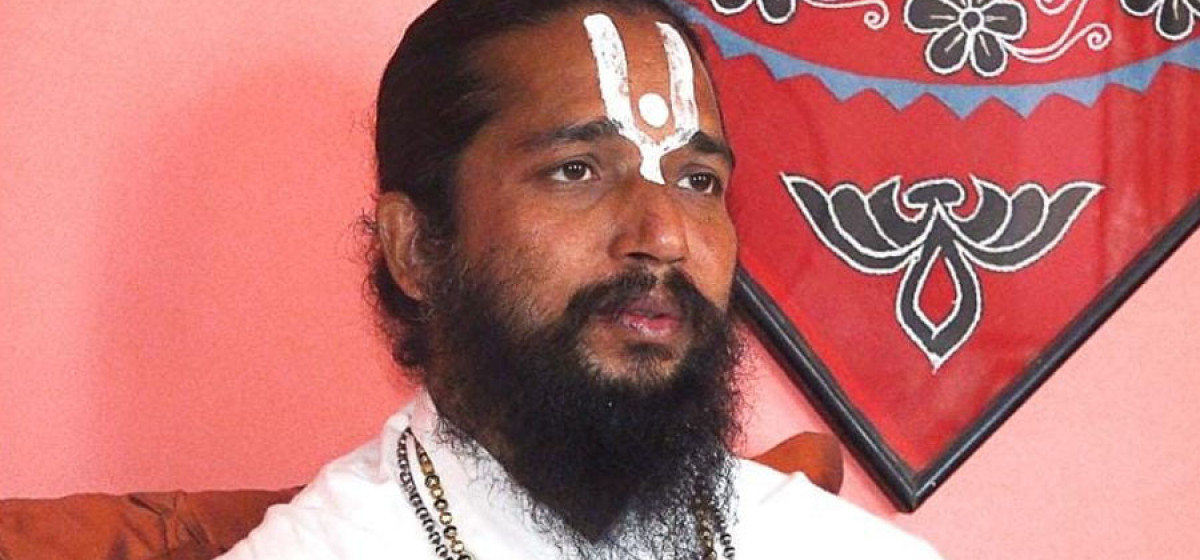


Leave A Comment